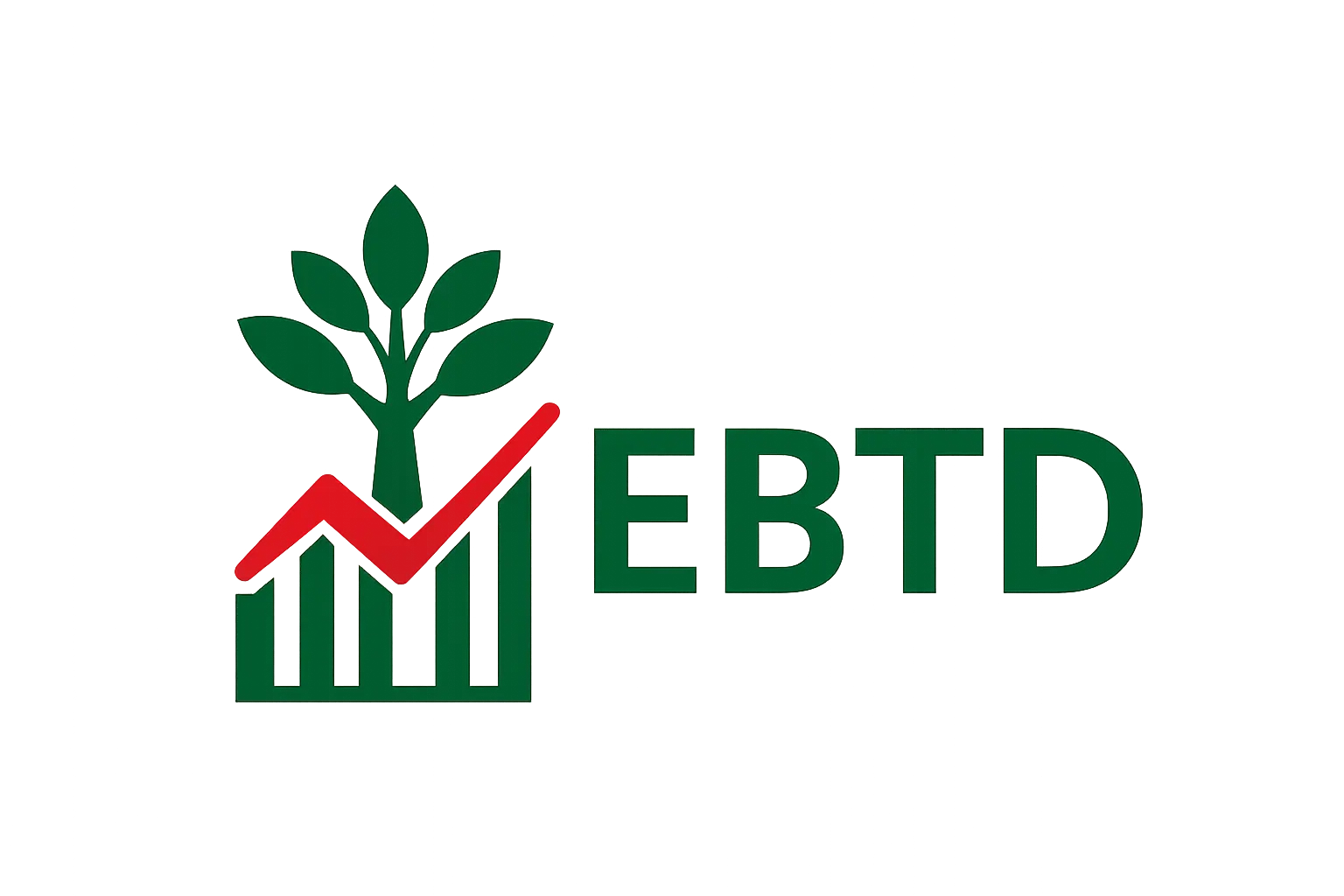Evidence-based tools | Toolkit, videos, guidance
What it offers: The Early Years Toolkit (impact vs cost), practice videos, and guidance on early literacy, maths, self-regulation, SEL, and high-quality interactions.
Useful for Bangladesh: Clear “what works” summaries; cost-effectiveness ratings for low-resource contexts; practical, teacher-friendly materials.
Cautions: Based on UK research — adapt for culture, language, class size; many strategies assume smaller ratios and more resources; Bangla translation/contextualisation advised.
Core skills framework | Guides, videos, family engagement
What it offers: Organised around five Core Skills (Relate, Regulate, Think, Communicate, Move) with age-specific strategies and classroom videos.
Useful for Bangladesh: Clear skills framework; family engagement emphasis; many freely available materials.
Cautions: US classroom contexts; adapt for larger classes and local curricula; English-language resources may need translation.
Research-informed practice | Webinars, videos, leadership
What it offers: Wide range of resources on curriculum, early maths/literacy, SEL, inclusion, assessment, and leadership.
Useful for Bangladesh: Diverse topics (including neurodiversity); leadership materials for centre improvement; accessible online exemplars.
Cautions: Requires reliable internet; rooted in NZ curriculum and PD assumptions; mostly English-language.
Play, creativity, observation | Free pamphlets and guides
What it offers: Free pamphlets, guides, and research summaries focused on play, creativity, and observation as foundations for learning.
Useful for Bangladesh: Low-cost, flexible ideas; strong outdoor and nature-based inspiration; accessible research digests.
Cautions: Outdoor play may be limited by weather/space; some materials not locally available; parent expectations of rote learning may need gentle work.
Policy & systems evidence | LMIC focus including Bangladesh
What it offers: Research on delivering ECD at scale through government systems — policy, financing, governance, data gaps.
Useful for Bangladesh: Big-picture view for planning and advocacy; highlights scale + quality issues; situates classroom work within national systems.
Cautions: System-level focus (not classroom manuals); technical language; some recommendations depend on strong state capacity.
National data & reports | Access, equity, quality
What it offers: The 2020 report The Landscape of Early Childhood Education in Bangladesh (access, equity, quality, financing, governance).
Useful for Bangladesh: Robust national data for policymakers, NGOs, and leaders; identifies equity gaps and quality issues; evidence to support PD and resourcing.
Cautions: Some data pre-COVID; high-level analysis; many recommendations require system investment; local variation can be masked.
Bangladesh-based innovation | Play-based learning
What it offers: Culturally adapted play-based learning for ages 3–5 with stories, rhymes, dancing, and local games; evaluations show improved outcomes and parent engagement.
Useful for Bangladesh: Locally designed and tested; narrows developmental gaps; strong community involvement; practical alternative to rote learning.
Cautions: Requires trained facilitators and supervision; materials/space may be challenging in under-resourced settings; maintaining quality at scale needs support.
